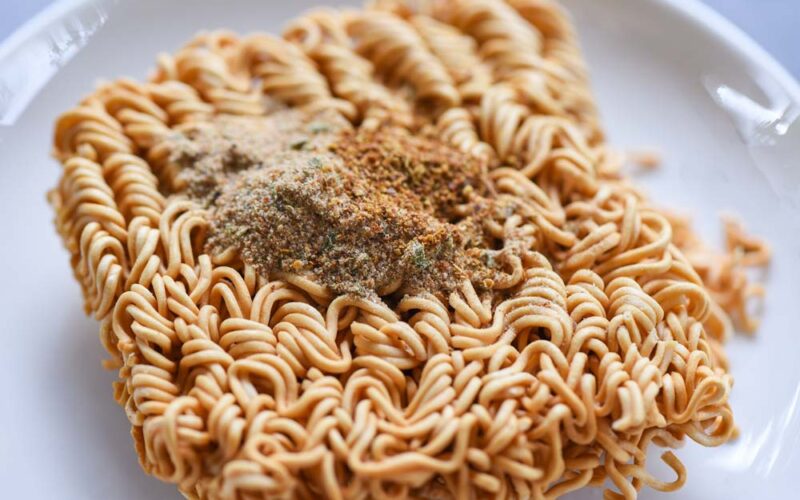As widely known, monosodium glutamate (MSG) is a flavour enhancer regularly added to Chinese food, canned vegetables, soups, and processed meats, and concerns about its effects on human health have been raised. The Food and Drug Administration has classified MSG as a “generally recognized as safe” food additive, yet its usage is still causing controversies in various fields (U.S. Food and Drug Administration, 2012). Over decades, the FDA has received various anecdotal reports about adverse reactions of cuisines containing MSG as a flavour enhancer. This reaction, known as Chinese Restaurant Syndrome or CRG since Chinese restaurants frequently use MSG to enhance flavours, includes headache, flushing, sweating, facial pressure or tightness, numbness, burning or tingling in the neck and other areas, heart palpitations, chest pain, nausea, and weakness.
However, researchers have not found any evidence suggesting any connection between such symptoms and MSG. Researchers found out, though, that there might be short-term responses to a small percentage of people. They also acknowledged that these reactions are mild and do not require any treatment. The only way to prevent such reactions is to avoid foods containing additive MSG. It is safer than salt by having LD50 at 12g/kg when that of salt is 4g/kg, which means MSG is far less poisonous than salt. Most of the research that claimed MSG as a harmful material was done under problematic conditions and methods that heavily violate research ethics.
The origin of this irrational hatred against MSG could be traced back to 1968. Before 1968, the term Chinese Restaurant Syndrome could not be found. However, when an Asian-American man named Ho Man Kwok, MD, sent a letter containing an anecdote indicating that there are some negative symptoms related to Chinese restaurants and encouraging other researchers to research the correlation of MSG and Chinese Restaurant Syndrome to the editor of New England Journal of Medicine, a reputable medical journal, the number of research papers claiming that MSG is a toxic food ingredient increased exponentially. However, Ho Man Kwok, MD, was not an Asian-American doctor, and the name was not a real name. This MD was created by an American doctor named Howard Steel. Decades later, he revealed that he was Ho Man Kwok, and the letter to the editor was done as a 10-dollar worth bet made between him and his friend to trick the reputable journal.
Though it was done as a meaningless bet, others took it differently. People easily find correlations between MSG and symptoms and believe that MSG is toxic to human health. Racism took a great role in such events as most people had a prejudiced mind over Asians, and Chinese restaurants, especially. As a result, the racism against Asian Americans has been strengthened, and a large number of Chinese restaurants have gone out of business due to silent boycotts. As time passes, the concerns about MSG have been proven wrong, and the racism behind it has also been weakened. However, according to the International Food Information Council, 42 percent of Americans still believe that MSG is harmful due to exaggerated advertisements made by the commercialized health food industry continuing up until nowadays.
References:
Center for Food Safety and Applied Nutrition (2018). Questions and Answers on Monosodium glutamate (MSG). [online] U.S. Food and Drug Administration. Available at: https://www.fda.gov/food/food-additives-petitions/questions-and-answers-monosodium-glutamate-msg.
Chinese-Restaurant Syndrome. (1968). New England Journal of Medicine, 278(14), pp.796–796.
Blanding, M. (2019). The Strange Case of Dr. Ho Man Kwok. [online] Colgate Magazine. Available at:link.
